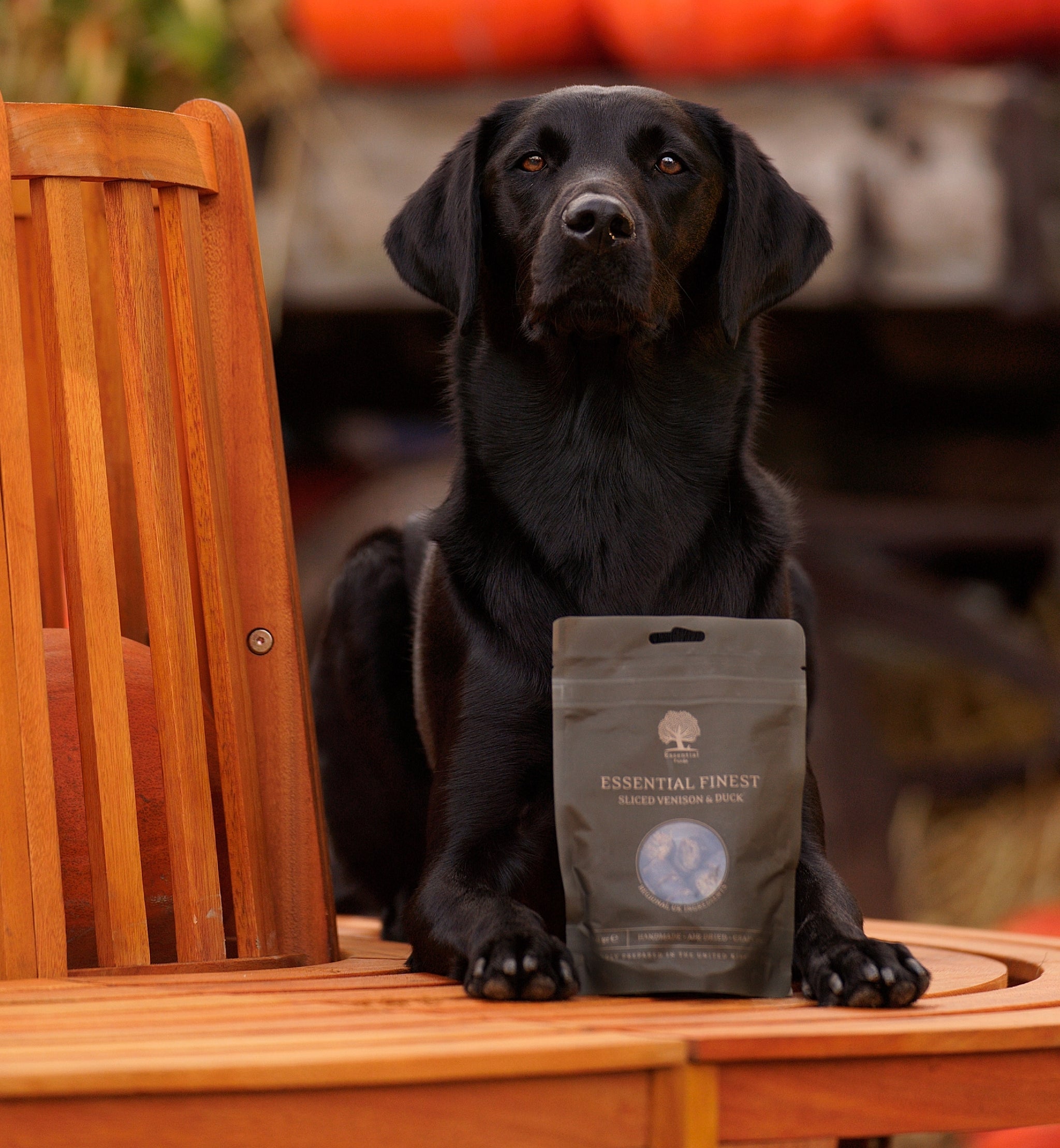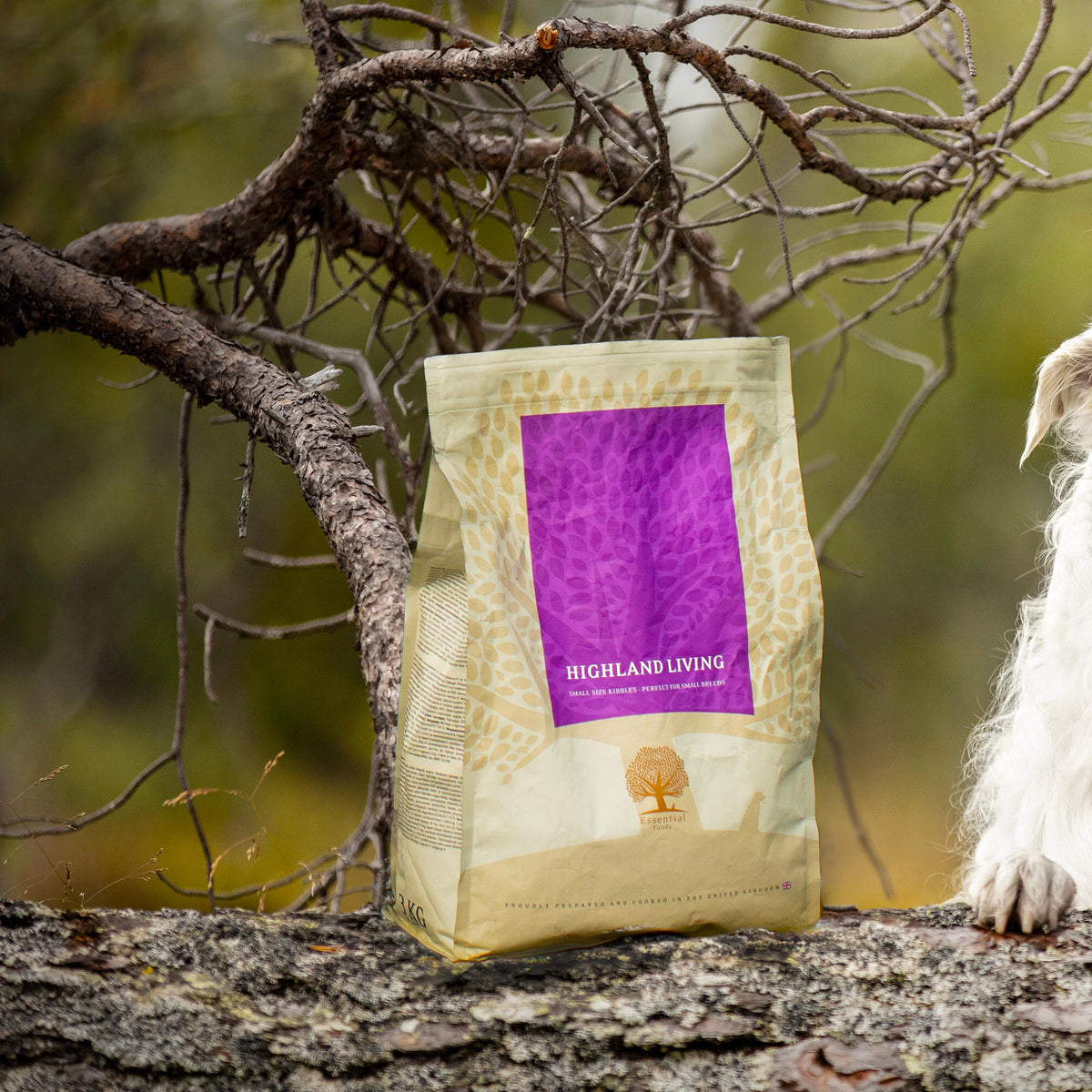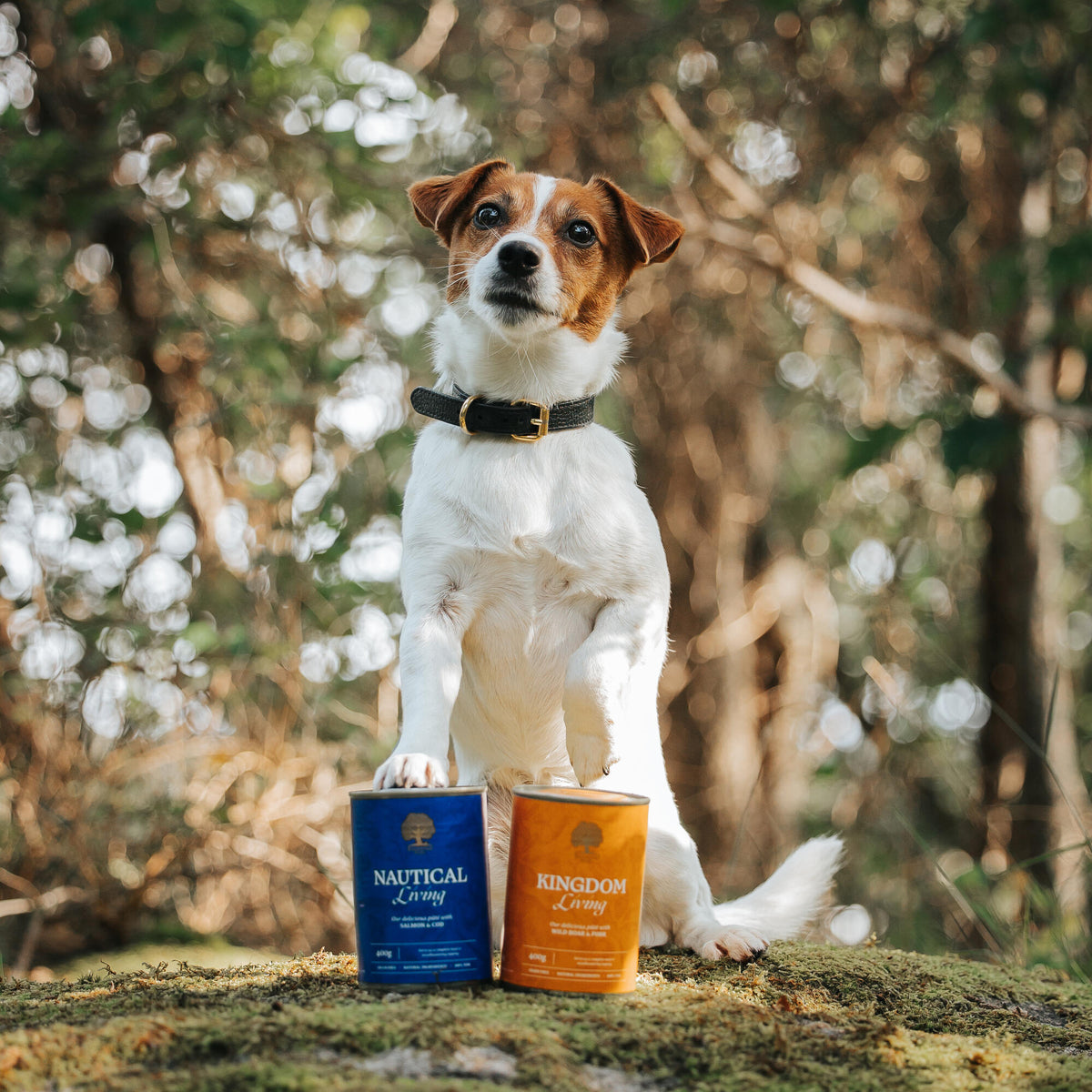Your Cart is Empty

When it comes to raising a healthy and happy puppy, the right nutrition is vital. Feeding your puppy the right food sets the foundation for their overall health and well-being. But with so many options available, how do you know which food is best for your dog? In this article, we'll explore the key factors to consider when choosing puppy food, discuss the benefits of certain ingredients, and recommend some top choices.
Puppies have unique nutritional needs compared to adult dogs. They require a diet rich in protein, fat, and essential vitamins and minerals to support their rapid growth and development. Proper nutrition is crucial for building strong bones, developing muscles, and ensuring overall health.
Puppies grow at an astonishing rate, and their food must provide the necessary nutrients to support this growth. They need higher levels of protein and fat compared to adult dogs. These nutrients are essential for energy, muscle development, and overall health.
Key nutrients for puppies include:
When selecting the best food for your puppy, consider their age, breed, and specific health needs. High-quality ingredients are also crucial for ensuring your puppy gets the best nutrition.
Different breeds and sizes of puppies have varying nutritional requirements. Large breed puppies, for example, need food that supports slower growth to prevent joint issues, while small breed puppies may require higher calorie content to fuel their faster metabolism.
Always look for puppy food that lists high-quality protein sources, such as chicken, beef, or fish, as the first ingredient. Avoid foods with fillers like corn, wheat, and soy, which offer little nutritional value.
While it might be tempting to feed your puppy the same food as your adult dog, it's important to understand the differences between dog food and puppy food.
Puppy food is specifically formulated to meet the higher nutritional needs of growing puppies. It typically contains higher levels of protein, fat, and calories compared to adult dog food.
Puppies require more energy and nutrients to support their rapid growth and development. Specialized puppy food ensures they get the right balance of nutrients for healthy growth.
Protein is a crucial component of your puppy's diet. It supports muscle development, provides energy, and helps maintain a healthy immune system.
Puppy foodshould contain higher protein levels compared to adult dog food. Look for foods with at least 22-30% protein content.
High-quality protein sources include:
Omega-3 fatty acids play a vital role in your puppy's development, particularly for brain and eye health.
DHA, a type of omega-3 fatty acid, is essential for the development of your puppy's brain and eyes. It also supports cognitive function and vision.
Excellent sources of omega-3 fatty acids include fish oil, flaxseed, and certain types of fish like salmon.
The debate over grain-free diets for dogs, including puppies, has been ongoing. While some puppies benefit from grain-free diets, it's not necessary for all.
Pros:
Cons:
If you choose to avoid grains, look for alternative carbohydrate sources such as sweet potatoes, peas, and lentils.
High-meat content in puppy food ensures your puppy gets enough protein and essential nutrients from animal sources.
The concept of Behavioural optimising foods (B.O.F.) focuses on feeding dogs diets that mimic what they would eat in the wild.
B.O.F. diets emphasize high protein, moderate fat, and low carbohydrates, similar to a wild canine diet.
Ensuring your puppy enjoys their food is crucial for consistent eating habits and overall health.
Puppies can be picky eaters. Choosing foods with appealing tastes and textures can encourage them to eat regularly.
Making your own puppy food can be a rewarding but challenging endeavor.
Treats are an important part of training and rewarding your puppy, but they should also be healthy.
Treats can reinforce good behavior and provide additional nutrients. However, they should not exceed 10% of your puppy's daily caloric intake.
As your puppy grows, there will come a time when they need to transition to adult dog food.
Typically, this transition occurs around 12 months of age, but it can vary by breed. Gradually mix the new adult food with the old puppy food over 7-10 days to avoid digestive upset.
Choosing the best food for your puppy is a crucial step in ensuring their health and happiness. Opt for high-quality puppy food rich in protein, omega-3 fatty acids, and essential nutrients. While grain-free and high-meat content options can be beneficial, the most important factor is that the food meets your puppy's specific needs and is palatable for them. By providing the right nutrition, you're setting the foundation for a healthy and joyful life for your dog.
What should I avoid in puppy food? Avoid foods with fillers like corn, wheat, and soy, as well as artificial preservatives, colors, and flavors.
How often should I feed my puppy? Puppies typically need to be fed 3-4 times a day until they are about six months old, then 2-3 times a day as they approach adulthood.
Can I give my puppy human food? Some human foods are safe for puppies in moderation, such as plain cooked chicken or vegetables. However, avoid toxic foods like chocolate, grapes, and onions.
How do I know if my puppy likes their food? Signs your puppy likes their food include eagerness to eat, a healthy weight, and good energy levels. If they consistently leave food uneaten, it may be time to try a different brand or flavor.
What are signs of food allergies in puppies? Common signs include itching, ear infections, gastrointestinal issues, and skin rashes. If you suspect a food allergy, consult your veterinarian for proper testing and dietary recommendations.


